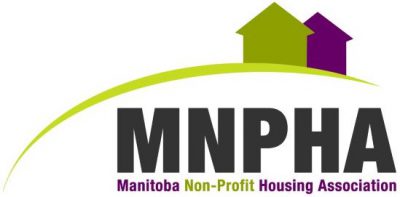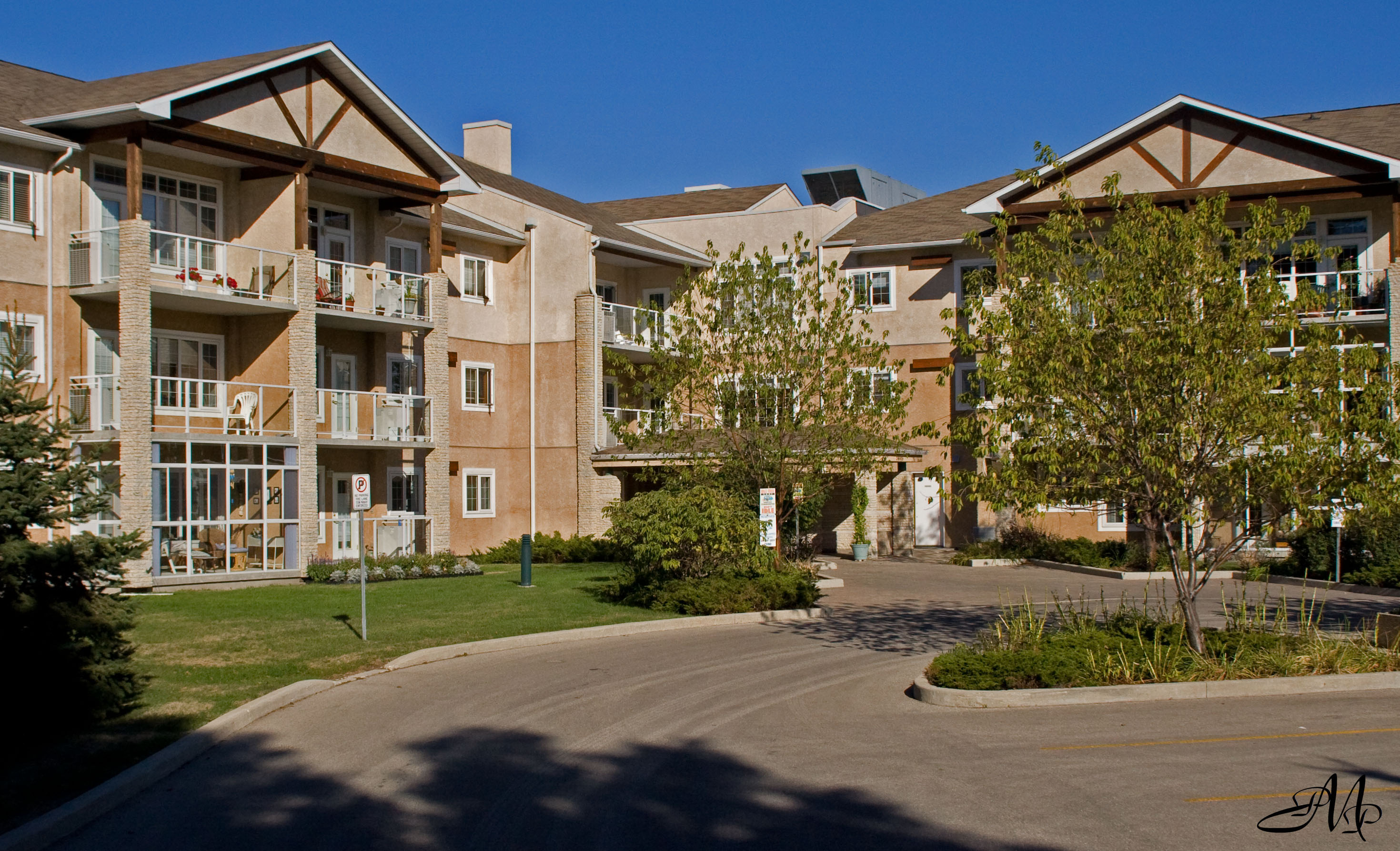
The Housing Supports Initiative provides funding for programs and services for individuals and families as they transition from homelessness, or face the risk of homelessness, to ensure successful tenancies.
Funded By:

In March of 2021, the Province of Manitoba provided MNPHA with $2.56 million in funding to be allocated to community partners that would create and expand support services for individuals and families facing housing precarity and homelessness.
MNPHA engaged with community to create a plan to distribute funds, and three priority areas were identified; Maintaining Successful Tenancy, Sector Capacity Building, and Case Management. The funding was distributed to organizations throughout Manitoba’s non-profit housing and homelessness sectors via a peer-reviewed call for proposals process.
The Housing Supports Initiative is currently funding 18 unique projects that expand the capacity of non-profit housing and partner organizations across Manitoba to promote successful tenancies for those exiting and at risk of homelessness. With the funding these organizations can now offer a broad range of programs for tenants, including help accessing mobility supports, grocery shopping and food preparation, transportation, mental health care, budgeting and life skills education, as well as using the funds to provide case management and community outreach, and increase sector capacity through education and partnerships. Over the two years of this Initiative combined, about 450 individuals will be supported to improve their housing circumstances, and eviction prevention services provided to about 900 individuals.
You can find a full list of Housing Supports Initiative recipients below, with links to the organization’s websites, as well as profiles (ongoing) of their projects.
FUNDED ORGANIZATIONS

Genesis House
Housing Supports Profile
This project works on the prevention and shelter diversion of individuals experiencing homelessness. The prevention activities include aiming to reduce homelessness by supporting individuals and families at imminent risk of homelessness before a crisis occurs. This includes supporting individuals and families who are currently housed but at-risk of losing their housing, and preventing individuals who are being discharged from public systems from becoming homeless.

In partnership with Manitoba Association of Women’s Shelters and with the support of the Housing Supports Initiative, as well as other funders, The Jubilee Fund will be launching Canada’s first rent guarantee program for at-risk women in Manitoba in May 2022!
When at-risk women are unable to secure public or non-profit housing due to lack of availability, they often turn to for-profit housing but get turned down due to lack of a rental history and/or financial viability in the landlords’ eyes. This can cause them to go back to abusive partners or secure housing with predatory property owners.
This new, innovative program’s sole purpose will be to co-sign for at-risk women’s rent as they rebuild their lives on tight budgets, and help build their rental history to build their independence and secure a safe and good future for their children.

Central Station Community Centre is a nonprofit organization in the heart of Winkler that serves the City of Winkler and the rural communities in the RM of Stanley.
The organization was established in 2014 and manages housing units, operates a drop-in space, offers a variety of programs, and functions as a hub that can help connect community members that may be marginalized, underprivileged, or low income to the resources they need. Central Station is using the HSI funding to run the Community Action Training program, which focuses on education, engagement, building on individual skills, and supporting personal empowerment. The objective of the program is to create lasting change by empowering individuals that may face inequality and inequity to learn about and develop the tools needed to advocate for themselves.
Participants of the program will learn from local experts about issues such as food insecurity, accessing government benefits, conflict resolution, cultural sensitivity, housing rights and the Residential Tenancy Branch, and more.
Central Station Housing Coordinator, Lori Penner, says the program was developed in house, with each aspect of the curriculum “being led by people with lived experience with things from income assistance to immigration to child and family services”. There are a dozen people registered for the next round of training, which consists of 12 different sessions that address life skills and employability while also preparing participants to work in advocacy.
Penner explains that the program is geared to “people who want to access services and those who want to help provide services”, bridging a gap between clients and workers, and ensuring that more people are aware of the variety of community services available in Winkler and the surrounding area. Upon completion of the program, graduates will have the opportunity to work in the advocacy office. After working in the advocacy office for a year they will have developed basic office skills and references will be provided for future employment opportunities.
Central Station’s goal is to run the Community Action Training program twice a year, providing the opportunity for 40-50 participants to complete the training and become active advocates in their neighbourhoods.

The Ask Auntie Project was developed at the Brandon Neighbourhood Renewal Corporation (BNRC) during the height of the COVID-19 pandemic, in March 2021, as a response to a lack of resources amidst widespread closures across the city. These closures left vulnerable and homeless populations quite literally out in the cold, and Ask Auntie stepped in to fill the gaps, with a focus on providing support to Indigenous people.
Ask Auntie provides an array of supports to individuals in need of everything from a hot coffee and access to hygiene supplies to a community mailbox. Program Coordinator Florence Halcrow explains that the community mailbox allows the vulnerable and homeless population in Brandon to make copies of their ID and keep the originals safe.The Blue Door project, another branch of Ask Auntie, solved the problem of major resource gaps created by Covid-19 by providing a space to eat meals provided by shelters and food banks, a place to use washrooms and access hygiene supplies, and somewhere to fill out applications for housing, income assistance, or identification, all while adhering to social distancing practices.
Ask Auntie currently has four staff members, two working out of BNRC and two at the Blue Door, as well as volunteers and practicum students. By establishing relationships with precariously housed individuals and working with them to create pathways through colonial structures, Ask Auntie is helping protect tenancies and create access to housing. The grassroots model the project follows means that the Ask Aunties work is broad and varied, and they meet program participants where they are at.
Halcrow says “It takes a good network and community to make something like this happen. We wouldn’t be able to do it on our own.”

Sara Riel provides a safe, inclusive and engaging environment for people facing mental health and substance use/addiction challenges, with a goal of helping them reach their full potential. The HSI funding will help the organisation address the mental health epidemic by hiring new staff to reach out to individuals experiencing, or at risk of experiencing homelessness.
New HSI-funded staff at Sara Riel include a full-time peer support worker and a case manager, both of whom deliver important mental health and addiction support to people facing housing crises, especially due to COVID-19. These staff provide assisted daily living and wrap around support to individuals residing in the community.
Sara Riel’s Executive Director, Tara Snider, says that the need for the type of support the HSI makes possible is “overwhelming”, and that Sara Riel currently has 33 people on the waiting list to access services. The new staff will help with this backlog, and will continue to provide much needed assistance with daily living skills. Snider explains that “these
positions have assisted with doctors appointments and going to the bank, nutrition, laundry, day to day things. The case manager will sit down with participants and set goals, the individual will be able to move forward”.
In addition to the more pragmatic aspects of daily life, the programming involves “working with individuals so they can see
alternate ways of doing things. We want to be able to look at positive cognition and see what we can do based on the strengths of participants. The case manager sets goals, and we have a community mentor role with lived experience that can really connect using peer support values to form a relationship that can be built upon”, explains Snider. Recovery is not a one-size-fits-all journey, and having dedicated staff to form solid relationships with participants and give them guidance based on a deeper understanding of their personal strengths and the specific challenges they face is important.
Snider goes on to explain that Sara Riel’s work, and specifically that of the HSI-funded positions, “is recovery oriented, working with people with mental health, substance use and addiction. It is inclusive and safe, compassionate and respectful. The workers follow harm reduction and trauma informed care, and will continue to learn new skills.
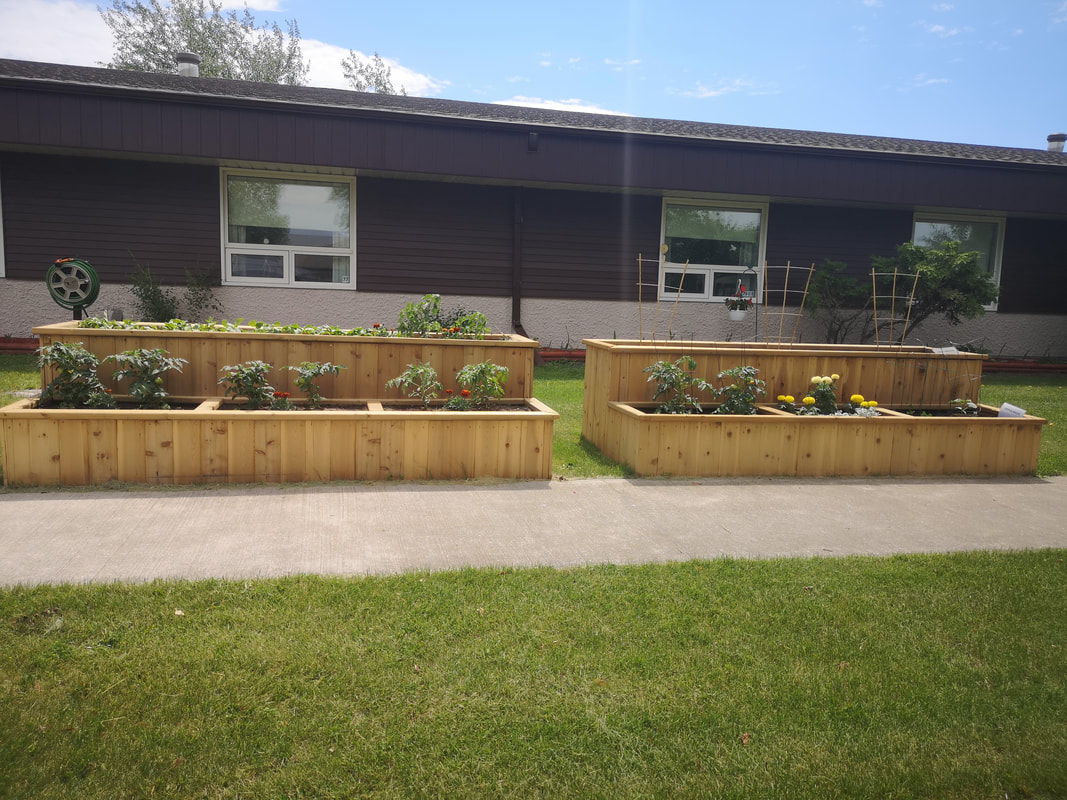
Chalet Malouin, located in St. Malo, provides housing to seniors who are at risk of homelessness in a rural area with a lack of affordable housing options. The Housing Supports Initiative funding they received has been used to create a full time Housing Support Worker position that has already had a positive impact on those living at Chalet Malouin and on prospective tenants.
The support worker reaches out to seniors facing homelessness and helps them access Chalet Malouin’s housing programs, and existing programs within the community. The organization’s director, Martha Petrusevich, says there is a shortage of rural housing, and that it has been incredibly helpful “to have an additional person to reach out to community, let them know that we do offer low income housing, the lowest in the surrounding towns”.
Petrusevich goes on to explain that “some of our folks come from really bad situations, and in order for them to get housing [at Chalet Malouin] they would need to go through getting rid of bugs etc., and we have a very small staff so there was no one to help them get connected to programs and services offered by the municipality. This way we can connect folks to the right resources at a faster pace and get people moved in sooner.”
In addition to helping prospective tenants, Petrusovich says the support worker connects those already living at Chalet Malouin with services “such as handi-transit, a foot care nurse, medical appointments, free wheelchairs, hair salon, pharmacy, and groceries” among other essential services. Chalet Malouin is also the only organization in the surrounding community that offers an affordable meal program that serves three meals per day, seven days a week for people on fixed incomes. Seniors from the community that are living on their own are encouraged to use the meal program.
Petrusevich says “before this grant I did not have the staff to do it all, now the full-time staff Housing Support Worker posts vacancies, contacts the waitlist, helps tenants identify emergency contacts, and connects them to community. Some people come to us with nothing and have no one, so we find clothing and mattresses by reaching out to community and local thrift stores”.
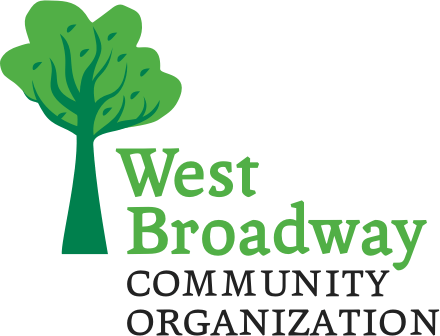
West Broadway Community Organization
Housing Supports Profile
Through this initiative, WBCO provides one-on-one tenant supports to help tenants maintain successful tenancies, curb high local rates of eviction and housing mobility, help keep people who are at risk of homelessness housed, and work to house people presently experiencing homelessness. Building on a very successful pilot and strong relationships with non-profit, private, and public housing providers, this project provides systems navigation, education on the rights afforded to tenants through the Residential Tenancy Act, and coordination/mediation between tenants, landlords, the RTB, and other systems.
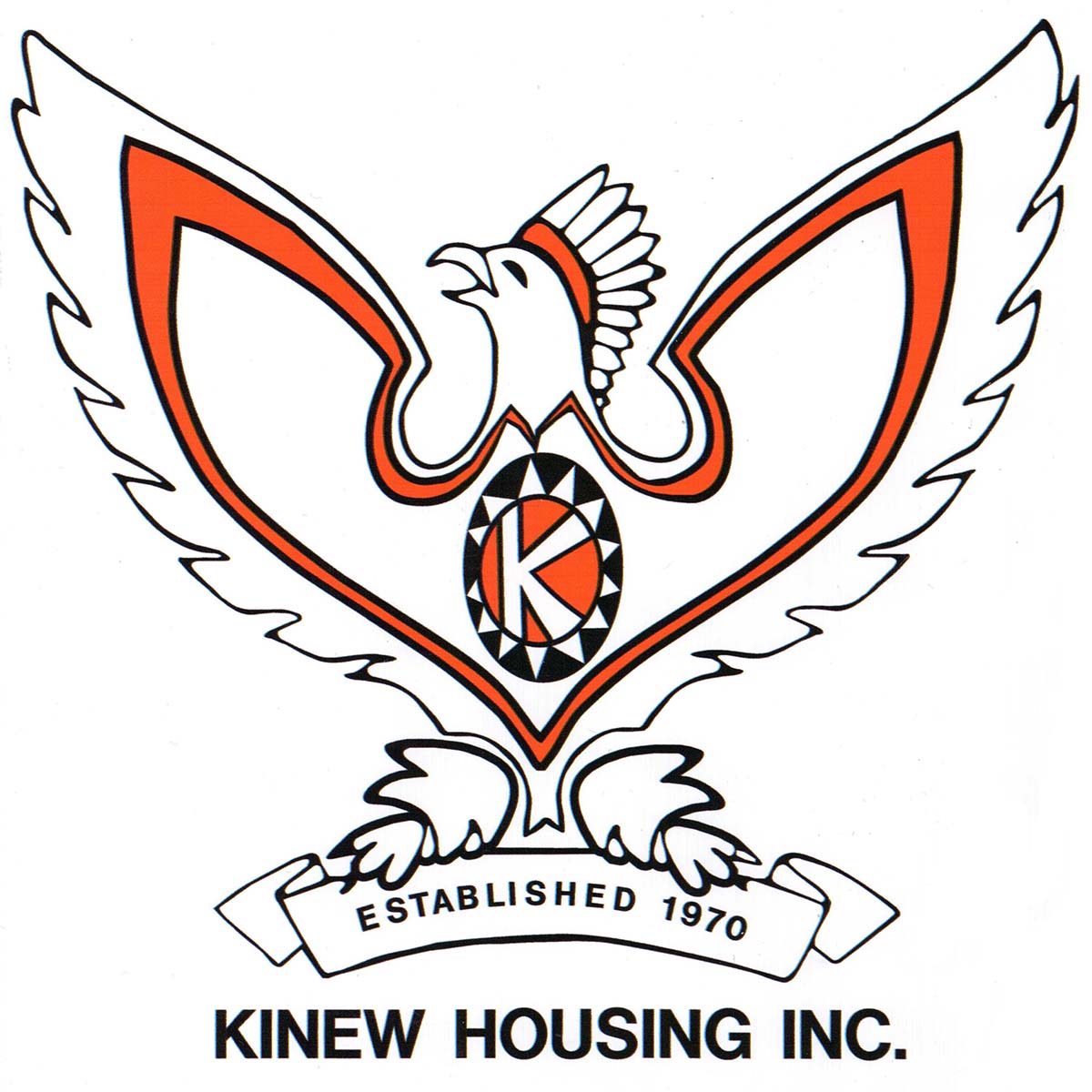
Kinew Housing Inc. was created in Winnipeg in 1970 by a small group of community members who were concerned about the lack of decent and affordable housing available to Indigenous people in this city. At the time, Kinew Housing Inc. was the nation’s first Indigenous-led non profit urban housing corporation. Kinew’s success has stimulated the creation of many
more urban Indigenous non-profit housing societies located across Canada.
Kinew focuses primarily on the acquisition and rehabilitation of older homes, and is using the HSI funding to hire a Housing Support Worker who is connecting with vulnerable tenants. In addition to helping create secure tenancies and prevent eviction, the Support Worker is undertaking a training program with Mediation Services.
Although the position is very new, results are already being seen. Kinew Manager, Lawrence Poirier, says “the Support Worker has been working with tenants to make sure they are staying on top of water and hydro bills, trying to make sure readings are accurate, bringing that aspect under control. The last thing we want is to evict someone because of a water bill”. The Support Worker has also been working with tenants who struggle with hoarding, which Poirier says “is an ongoing process, from something as simple as bringing a handful of garbage bags to their home to connecting tenants to resources
that can help them”.
Kinew’s properties are mainly single family homes with yards, and waste disposal and basic yard maintenance is the responsibility of the renter. When this is neglected a tenant runs the risk of garnering complaints based on the
Neighbourhood Liveability By-law, which regulates the maintenance of properties. Accessing waste disposal services through 311 or navigating complex application systems for supportive programming can be onerous, and the Support Worker helps tenants move through these processes, ensuring they are aware of their responsibilities and reducing complaints from neighbours.

St. Matthews Non-Profit Housing
Housing Supports Profile
The mission of SMNPH is to provide non-profit housing with support and provide space for community resources for the diverse population of the neighbourhood in order to build strong families and communities.
The aim of this project is to create a new proactive approach to support existing and new tenants who are at risk of homelessness. A case manager provide individual support to tenants by using Case Management principles and facilitating group workshops. The work will be done in four directions.
1. Providing support to new tenants to be housed. That work includes but is not limited to helping getting IDs, tax returns, applying to EIA, creating a CRA account and getting access to CPP, EI and other documents, providing support during move-in etc.
2. Maintaining successful tenancy. The staff will be helping with timely EIA reporting, finance knowledge, transition from one type of income to another one, job training, short-term and permanent employment, CFS and reunification issues, immigration/PR documents, filing taxes, supporting situations with mental health issues.
3. Providing support with the transition to a new subsidized place if the size of the family is changed. and enhancing tenants’ opportunities to move to non-subsidized sector or become a property owner (two our tenants have bought houses through Habitat for Humanity)
4. Community Resourcing. The staff member would connect tenants to resources outside of the non-profit housing in order to holistically support tenants. Examples of this are connecting to primary care, referrals to counselling services, connection to cultural programming and family supports. The holistic approach to supporting the overall wellbeing of tenants will aid in preventing issues that may lead to unsuccessful housing.

Mount Carmel Clinic
Housing Supports Profile
ACT is a housing-first, participant-centered program that currently serves individuals with significant histories of complex trauma, serious and persistent mental health issues, and co-occurring substance use concerns, who experience chronic homelessness and who have not benefited from traditional outpatient programs. The HSI funds support ACT to hire an additional outreach worker and case manager to help the team provide quality wrap around services to help clients maintain their tenancy, heal from trauma and mental health struggles, and empower them to meet their own needs.

Centre for Aboriginal Human Resource Development
Housing Supports Profile
Neeginan Village is available to Indigenous students with low or moderate-income levels, who have dependent children, or have a disability.
This Pilot Tenant Support Initiative was established to dramatically decrease eviction rates, increase school attendance and grades, and strengthen a sense of community and hope for the future. Families will learn how to be successful tenants, and will leave CAHRD housing with a robust letter of reference and will be more stable, productive tenants wherever they live next.
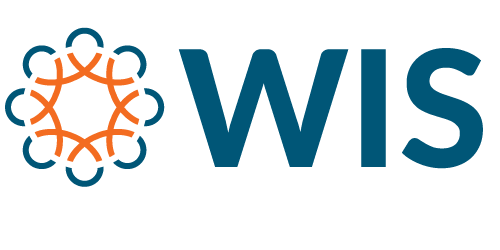
Westman Immigrant Services
Housing Supports Profile
The HSI Funding allows WIS to offer programs to support newcomers in their journey in their new country as well as establish a team to help clients in an individualized approach to identify their needs and empower them to achieve their goals for them to become successful tenants, and eventually adapt to their new community and become healthy and contributing member of our society.
The Newcomer Housing Program seeks to:
1. Conduct case management to identify clients’ needs, develop a plan of action, follow-up and make referrals. Individual counseling will be provided as well.
2. Provide referrals to appropriate agencies and ensure clients receive the service or assistance they require.
3. Provide assistance to clients in accessing programs/benefits that will help them financially e.g. EIA, Rent Assist, etc.
4. Conduct group and individual information and orientation sessions to clients on various topics on housing including: rights and responsibilities of tenants and landlords, understanding lease agreements, pest control, basic home maintenance and life skills training, paying rent fees, saving and budgeting, mental health, and the likes.
5. Provide emergency funds to loan to clients who are at risk of getting evicted due to late payment of rent.
6. Provide emergency shelter to individual and families while they seek for a more suitable and sustainable housing for their family.
7. Provide assistance with other areas of life that affects housing e.g. addictions, domestic violence, physical and mental health, employment, parenting, and education.
8. Eliminate barriers to access to service through provision of support services: interpretation, transportation, crisis counseling.
9. Provide professional development training to staff for them to be equipped with knowledge and skills to help clients.
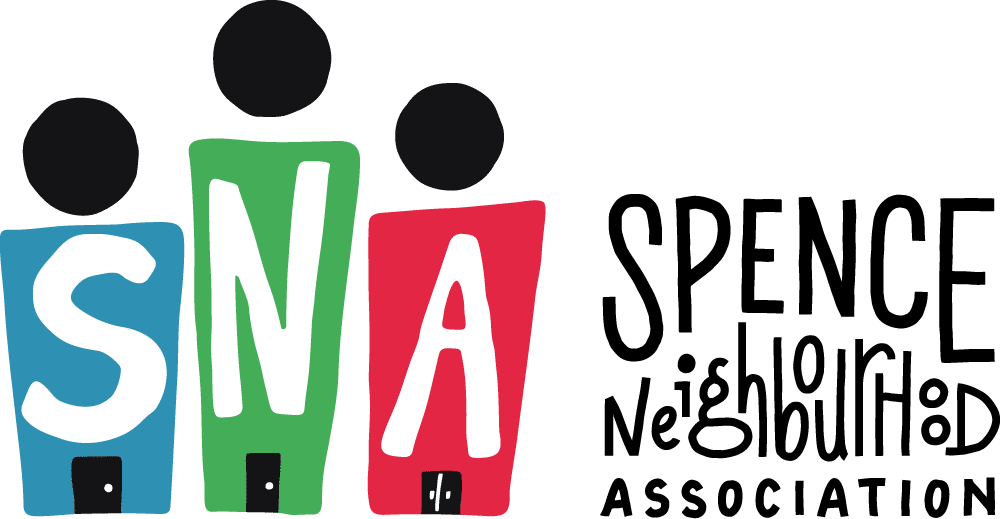
Spence Neighbourhood Association
Housing Supports Profile
The project employs a WE24 Housing Outreach Worker. The WE24 Housing Outreach Worker works in SNA’s youth shelter. WE24 stands for West End 24 Hour Safe Space, which operates as a year round youth shelter out of the Magnus Elias Recreation Centre. At its peak, the MERC has provided food and shelter for up to 90 youth per night in early 2020. This funding helps to transition more homeless youth and encampment communities into permanent housing.

1JustCity
Housing Supports Profile
A Place to Stay is focused equally on supporting individuals who have no home find a home, and supporting individuals at risk of losing their housing stabilize their housing situation. Working out of the three locations, staff members support individuals/families to create a plan for and attain a stable housing situation. They engage with individuals/families to determining their housing preference, support level needed, and seek to secure housing in the Winnipeg market or work to ensure individuals are accessing the benefits they can receive to maintain their housing. This includes; landlord mediation, housing set-up, and re-housing or housing procurement depending on the individual/family’s needs.
Working towards stabilizing people’s housing is to prevent their entry into homelessness and problem solve before they end up needing a shelter. This includes doing work as a landlord liaison, supporting housed individuals to meet requirements to prevent eviction and preserve tenancy, support for budgeting and connecting individuals with appropriate resource for financial management of debt.

Oyate Tipi Cumini Yape Inc.
Housing Supports Profile
The project takes bed bug remediation one step further, and assists community members with setting up their homes with their newly acquired furniture, teaches them to prevent and deal with potential bed bug investations, and gives them the skills to become good tenants and communicators with their landlords.
As well will working with individual community members using furniture bank services, Oyate Tipi develops and facilitates a regular workshop/inservice to support case managers from social services working with this segment of their population and to educate other tenants across Winnipeg to become good tenants.

The Link
Housing Supports Profile
Miikiwap means Butterfly Lodge in Anishinaabe, a place where youth can spread their wings and fly with the support of two System Navigators and one and a half time Tenancy Support Worker. The Miikiwap at Mayfair program utilizes innovative holistic and preventative approaches.
The importance of human connection with youth and the Miikiwap team in tandem with strong
community supports are important sources of strength and healing for young people with
current and past experiences of homelessness – especially for Indigenous and LGBTQ2S+ youth.
The Tenancy support worker continues following up on these supports for months and sometimes years while youth are situated and secure in their first apartments.

West Central Women’s Resource Centre
Housing Supports Profile
The housing supports initiative funding has been instrumental in making a difference in many participants’ lives. The funding from the housing supports initiative program is able to support women, trans, Two-Spirit and gender non-conforming people experiencing housing and/or income insecurity and homelessness. Participants in need of housing are supported to identify and match available housing units to their preferences and needs. This includes using existing housing lists and building partnerships with landlords. Participants are supported in building a rental resume, completing, and submitting housing applications, as well as viewing potential suites.
Once housed, participants receive check-ins as needed to address any potential issues that could impact their housing security. Prevention services are provided to support participants who are housed but at-risk of losing their housing.
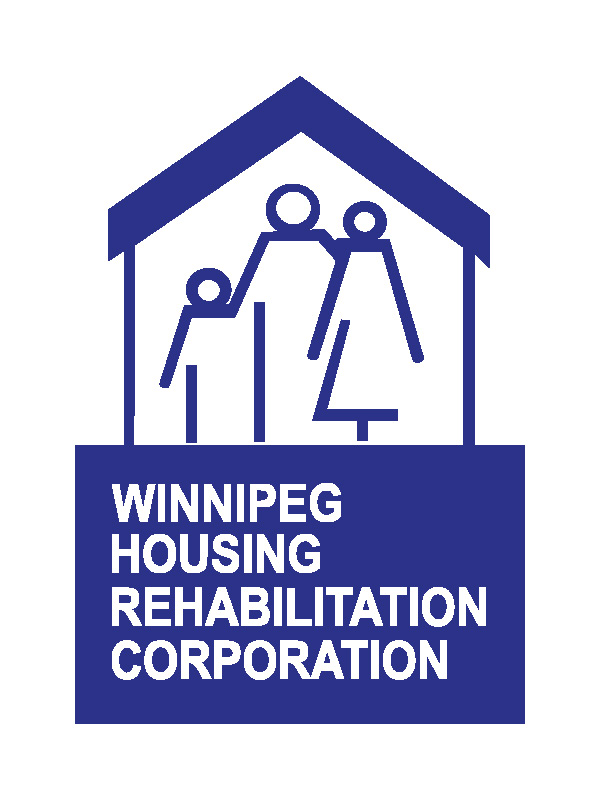
Winnipeg Housing Rehabilitation Corporation
Housing Supports Profile
The HSI funding supports tenant resource coordinators at Winnipeg Housing. Tenants are able to connect with certain programs that ensure more safety and security. This involves getting connected with counselling services, food security etc. The strength and the default is that WHRC is a housing agency. Everyone that is currently within the program is housed. TRC’s continue to collaborate with community agencies to offer eviction prevention strategies.
